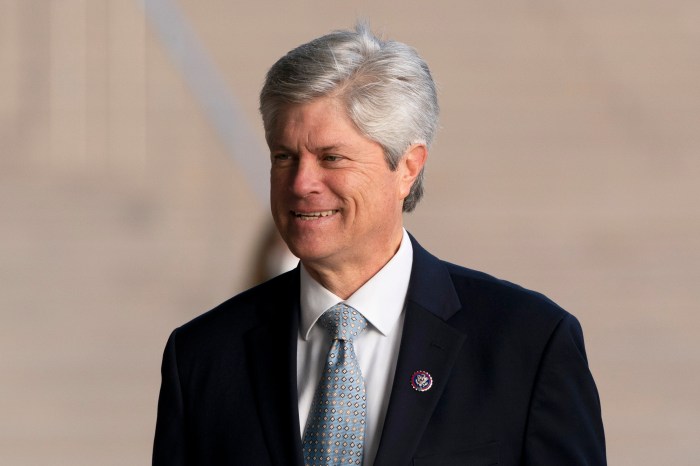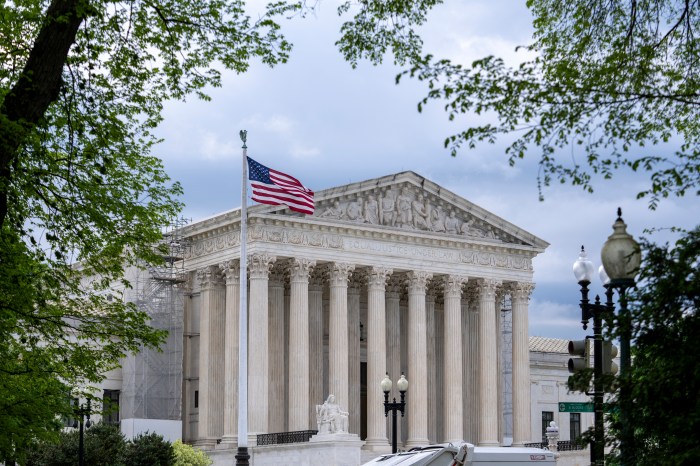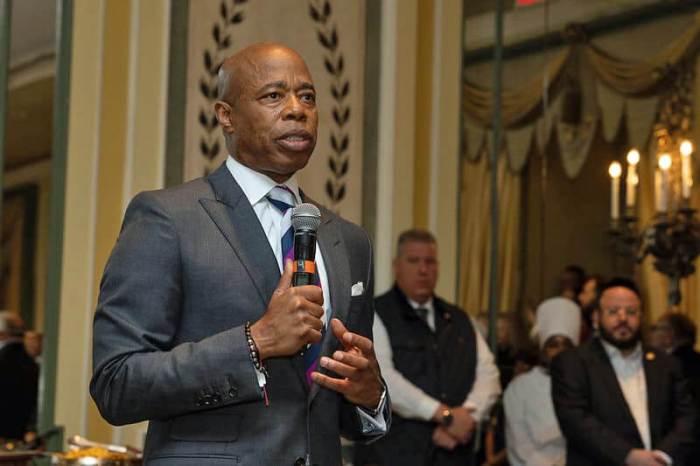MONTREAL – A coalition of human-rights groups say they will make a last-ditch plea to the Supreme Court of Canada in an effort to sue a Canadian mining company on behalf of the victims of a massacre in Congo.
The Canadian Association Against Impunity, a coalition of human-rights groups and non-governmental organizations acting on behalf of Congolese citizens, says it’s imperative that those people have access to justice in Canada.
Quebec’s Court of Appeal last week overturned a lower-court ruling from April 2011 that had paved the way for a civil suit to be heard in Canada.
In their claim, the groups had argued that Anvil Mining Limited (TSX:AVM) provided logistical support to the Congolese military as it moved to crush a rebel uprising in 2004.
That support included planes, trucks and drivers instrumental in ending the conflict. The groups allege that as many as 100 people were subsequently killed in the port city of Kilwa. The port was key to the operation of a copper mine, the exit point for $500,000 worth of copper and silver daily.
Anvil Mining has denied any culpability in the Kilwa incidents and said logistical support was requested by authorities.
A Chinese company, Minmetals Resources Ltd., has made a $1.3-billion deal to acquire Anvil, but there aren’t any assurances that deal will go ahead. The deal has been extended until the middle of February.
A call to the company on Tuesday was not returned.
The appeal court ruled on Jan. 24 that Anvil’s Montreal office was not involved in any of the decision-making that led to a massacre, making the connection to Quebec tenuous. It also ruled that victims could have sought justice in Congo or Australia — where the company also operates.
“It is unfortunate that citizens have as much trouble getting justice (given the) sympathy we must feel for the victims and admiration aroused by the involvement of NGOs,” wrote Judge Andre Forget, writing on behalf of the court.
“I am of the opinion that the law does not recognize that Quebec has jurisdiction to hear this action.”
Last April, a lower-court judge, Justice Benoit Emery of the Quebec Superior Court, rejected the notion that the links between Quebec and Anvil were insufficient.
“It is impossible to determine that the authorities of Congo and those of Australia would be much more appropriate to resolve the dispute,” Emery wrote.
“In fact, at this stage of the proceedings, it appears that if the court dismissed the action … there would be no other possibility for victims to be heard by the civil justice.”
The court was considering whether the case should be certified when the appeal was launched.
The coalition, acting on behalf of the victims’ families, now says it will ask Canada’s highest court to look at the appeal-court ruling.
In Quebec, civil procedure allows a non-profit group to act as the plaintiffs in a class-action suit as long as one of its members is a member of the suit.
“In fact this case does belong in Canada and does belong in Quebec and is the best location for the victims to seek justice,” said Matt Eisenbrandt, a member of one of the six groups.
“We believe that Anvil needs to be held responsible for their role in this massacre and to date there has been no justice for the victims of these crimes.”
The attempt at civil action in Canada followed a military trial, held in Congo in 2007, where nine soldiers and three former employees of Anvil were acquitted of charges, leaving no opportunity for civil recourse. Legal challenges in Australia and threats in Congo allegedly led to the case being dropped.
Victims’ relatives argue that they have no choice but to seek justice in Canadian courts because they have nowhere else to turn.


















